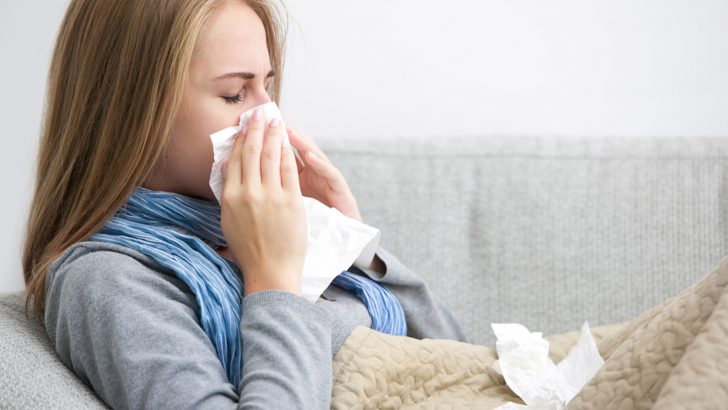Medical Matters
The winter is soon approaching and it may be time once again for you to get the flu vaccine which is now available. Reports from Australia and other countries so far this year suggest that the infleunza strains are not as viruent as last season but viral mutations can occur and so it’s important to get immunised if you are at risk.
Indeed, anyone who is 18 or older can avail of the flu vaccine at pharmacies though in particular, it is recommended that everyone aged 65 or older should be vaccinated. In addition, others at risk who should get the flu jab include those with a chronic lung, heart, liver or kidney condition, along with diabetics, pregnant women (who can be given it any stage of gestation) and those who have a weakened immune system.
It should also be adminstered to health care workers and carers who have the potential to pass on the flu to others at risk.
As the flu season typically lasts from October to April it’s best to get vaccinated early. While the efficacy of the vaccine will depend on how well matched it is to the flu virus, there is an overall reduction in the risk of flu by about 40-60%. There is also evidence that even if you catch the flu, due to cross immunity it may reduce the severity of symptoms, the need to visit your GP and go to hospital.
At risk
In those at risk, flu can be very debilitating and life threatening complications such as pnuemonia and encephalitis may occur. Indeed, it is estimated that about 100 people died from influenza in Ireland during the 2017/2018 season.
If you are aged 65 or older, you should also be immunised with the pneumonia vaccine. However, it usually only needs to be adminstered once off in your lifetime. It provides immunity against pneumococcal pneumona in about 50% of those vaccinated. Importantly, it also protects about 75% of older adults from its serious complications. While there are several bacterial causes for pneumonia, the pneumococcus accounts for about 50% of all cases acquired in the community and tends to be particularly virulent.
In recent years, the shingles vaccine has become available and though not part of the routine immunisation schedule in Ireland, should be considered in those at risk.
Shingles occurs as a result of a reactivation of the chicken pox virus which the vast majority of adults (95%) carry after infection in childhood and adolescensce. While the virus usually remains dormant in our bodies for the rest of our lives, it can reactivate when our immune system is compromised or under stress giving rise to shingles. In fact, the lifetime risk of developing shingles is about 25% rising to 50% in those aged 85.
Shingles initially manifests as a burning or stabbing pain, followed by a very characteristic blistering rash along the path of our cutaneous nerves (where the virus is present). This can persist for about 10-14 days though it may take up to two to four weeks for the symptoms to resolve.
As the virus reactivates inside the nerves it can cause severe pain. In addition, a complication called post herpetic neuralgia may occur in about 20% of cases whereby there is ongoing pain which may persist for months to years. Indeed, in about 10% of cases, neuralgia is still present one year after having shingles.
In the UK, the shingles vaccine Zostavax is now being offered to adults when they visit their GP (if they are aged between 70-80). It has been proven to prevent shingles in up to 50-60% of those vaccinated and importantly also reduces the risk of developing post herpetic neuralgia by 70-88%. Immunity from vaccination lasts for about five years and the vaccine can be co-adminstered with flu and pneumonia jabs too. However, the vaccine has ‘live virus’ and cannot be given to those who are immunocompromised.
In the last two years, there has also been the approval of a new shingles vaccine Shingrix which has superior efficacy. Indeed, it is about 90% effective at preventing both shingles and post herpetic neuralgia though it requires two injections to be given at least two to six months apart. Both vaccines can be given from the age of 50 and it is likely that their use will become part of a routine vaccination schedule in the future.
As smoking, stress, poor sleep and having an unhealthy diet can all affect your immune system, make sure (where applicable) to address these factors. The herbal preparation Echinacea may be associated with a small reduction in cold incidence but there is no evidence that it reduces cold duration. Washing your hands frequently and avoiding contact with those with respiratory infections may also reduce your chance of picking up the cold or flu.
Finally, make sure to check whether you should be vaccinated!
Dr Kevin McCarroll is a Consultant Physician in Geriatric Medicine, St James’s Hospital, Dublin.


 Dr Kevin McCarroll
Dr Kevin McCarroll
